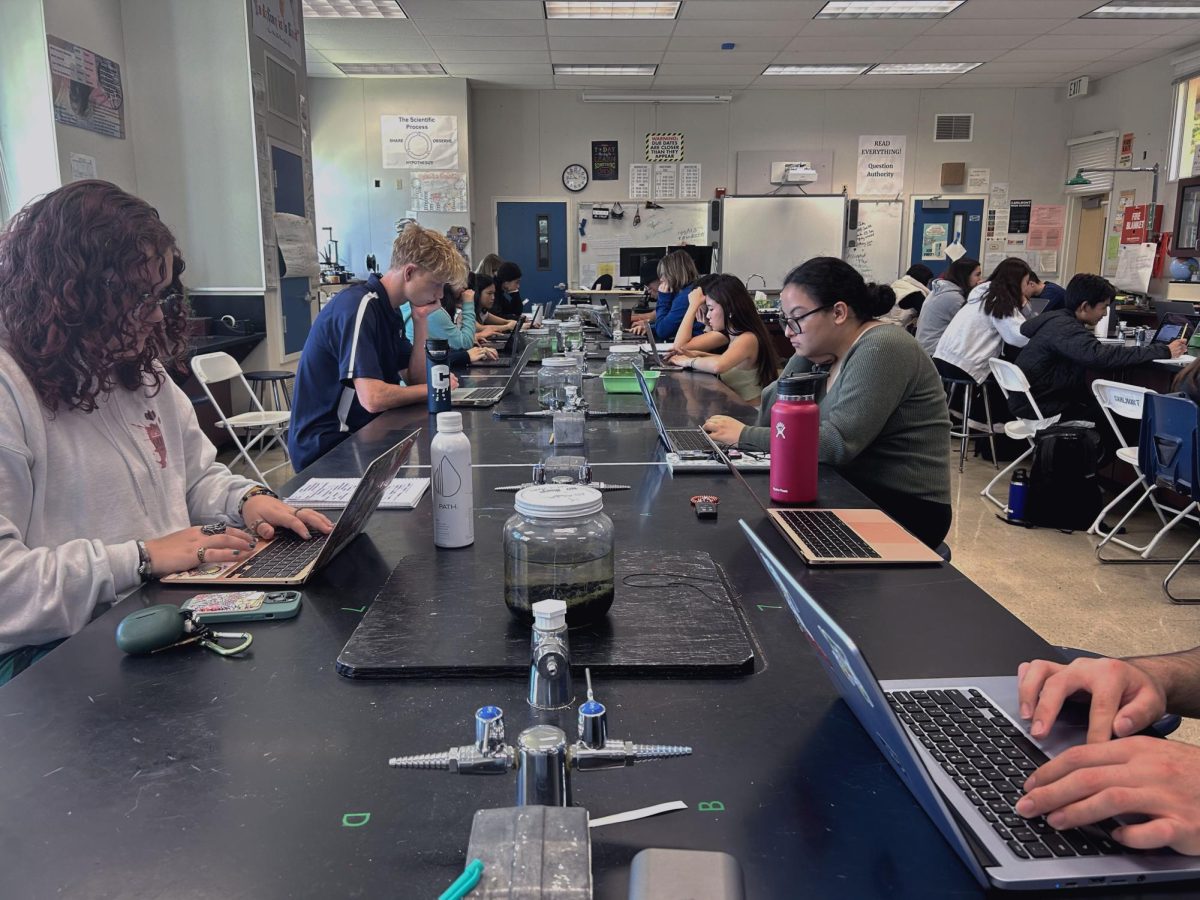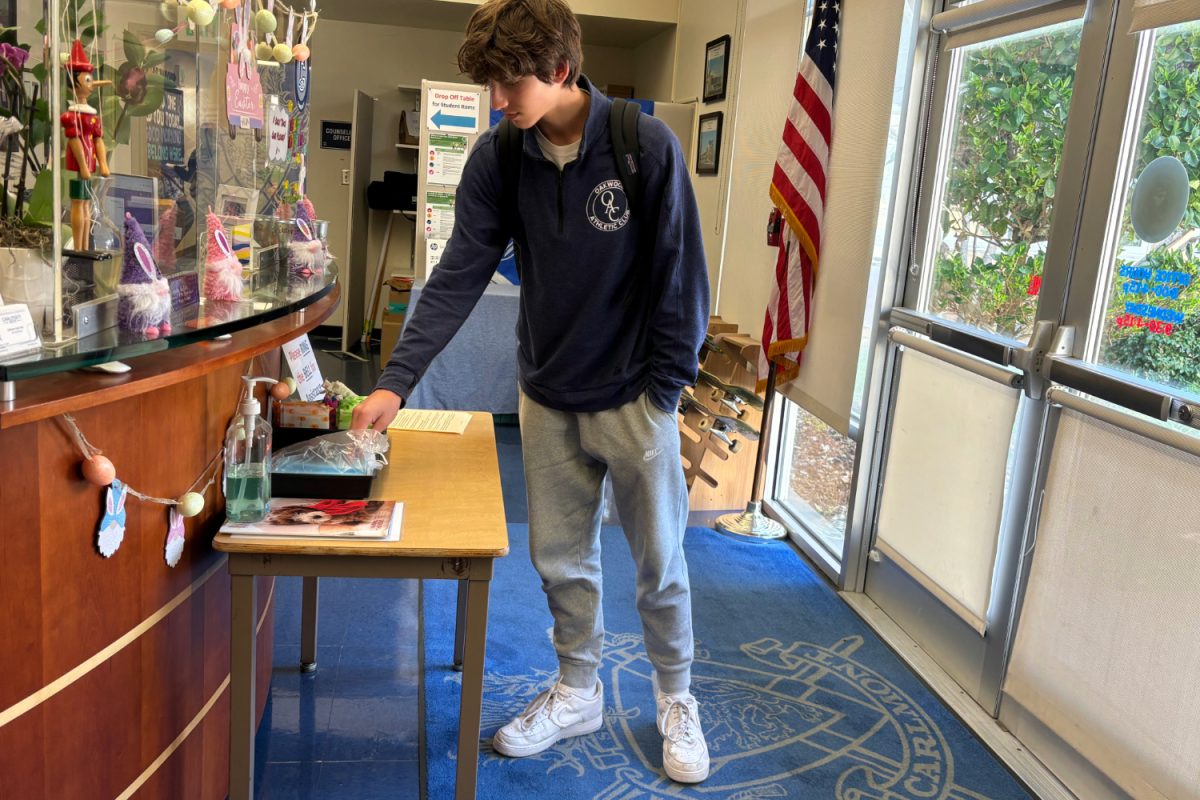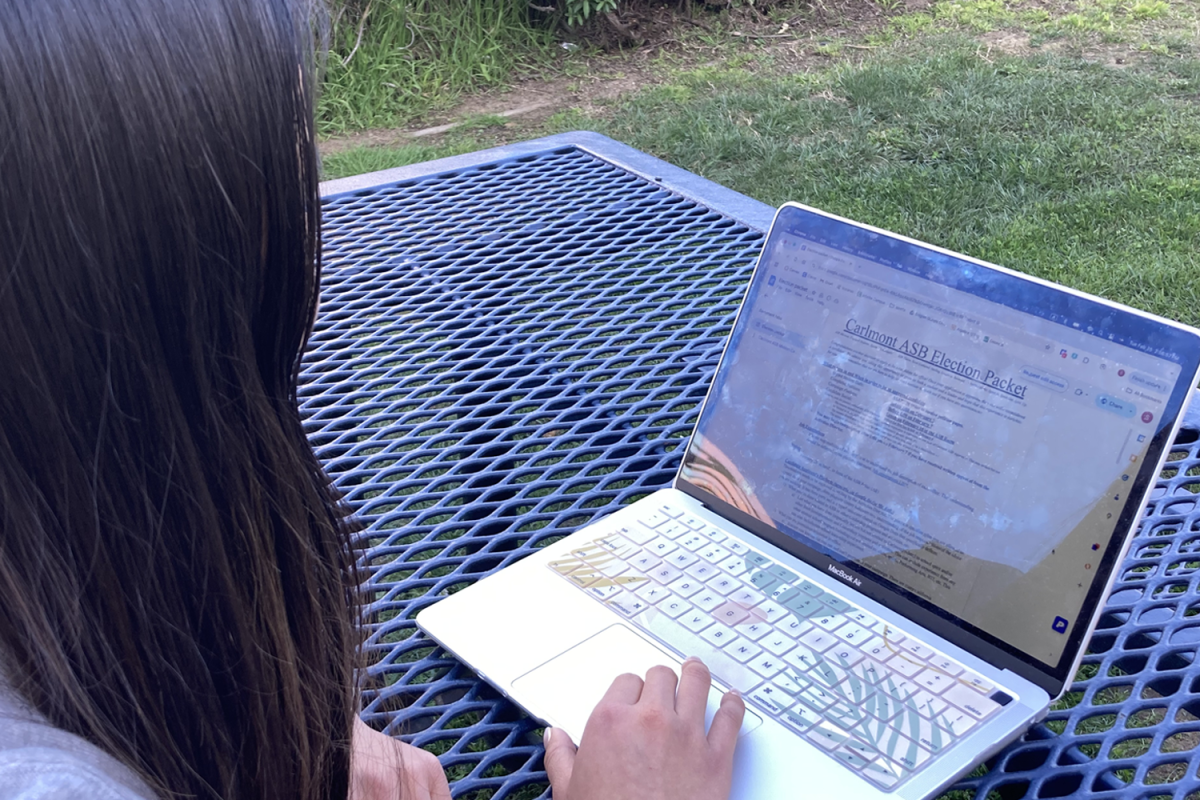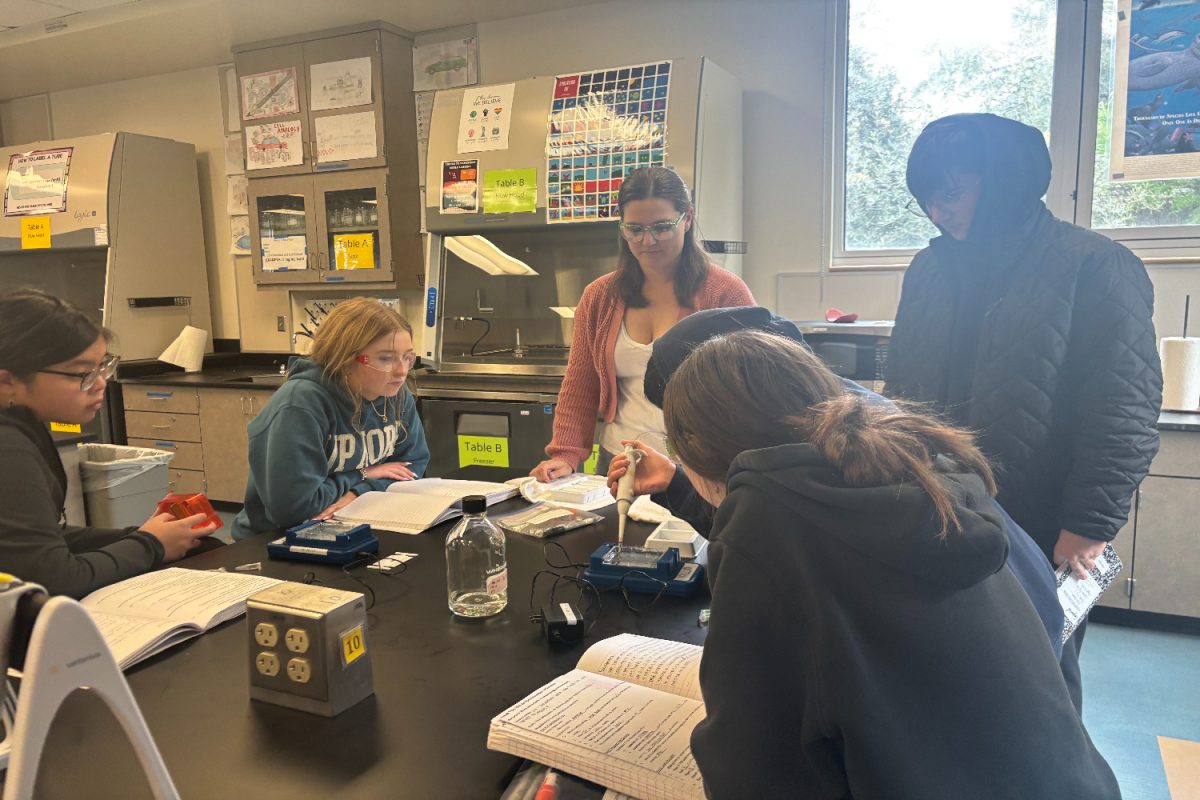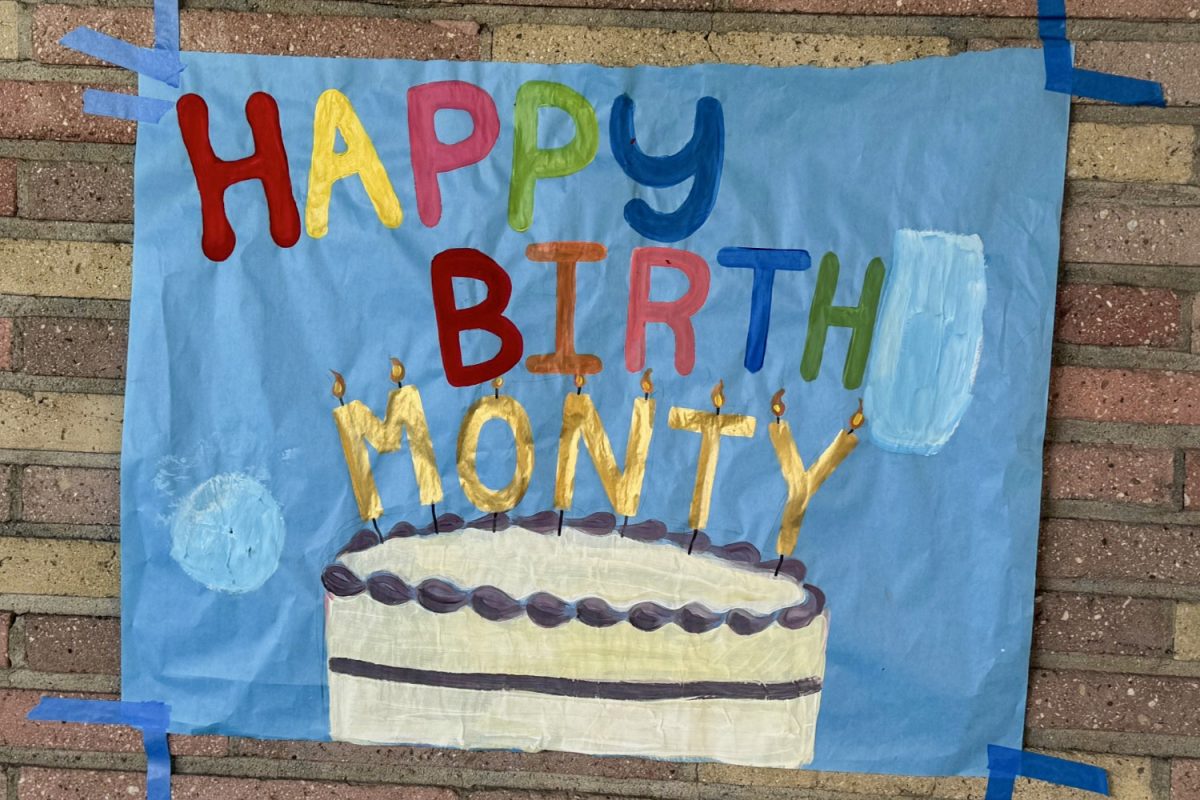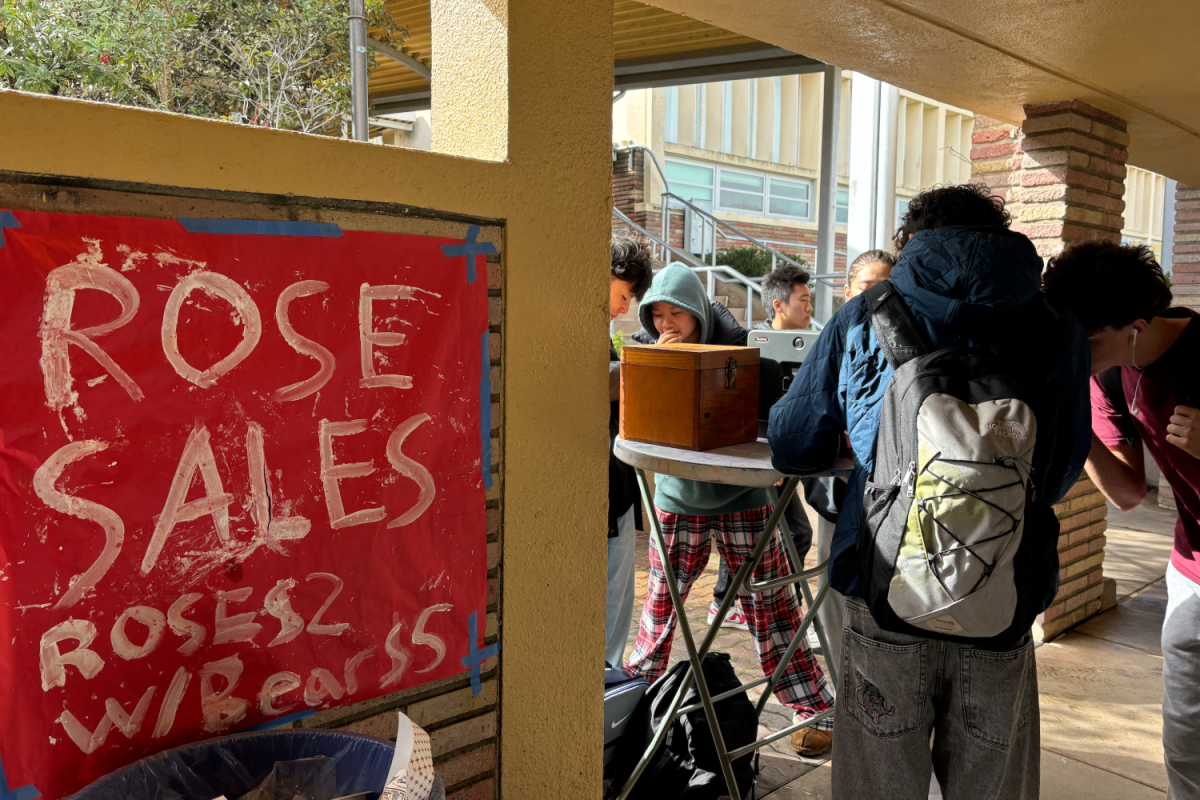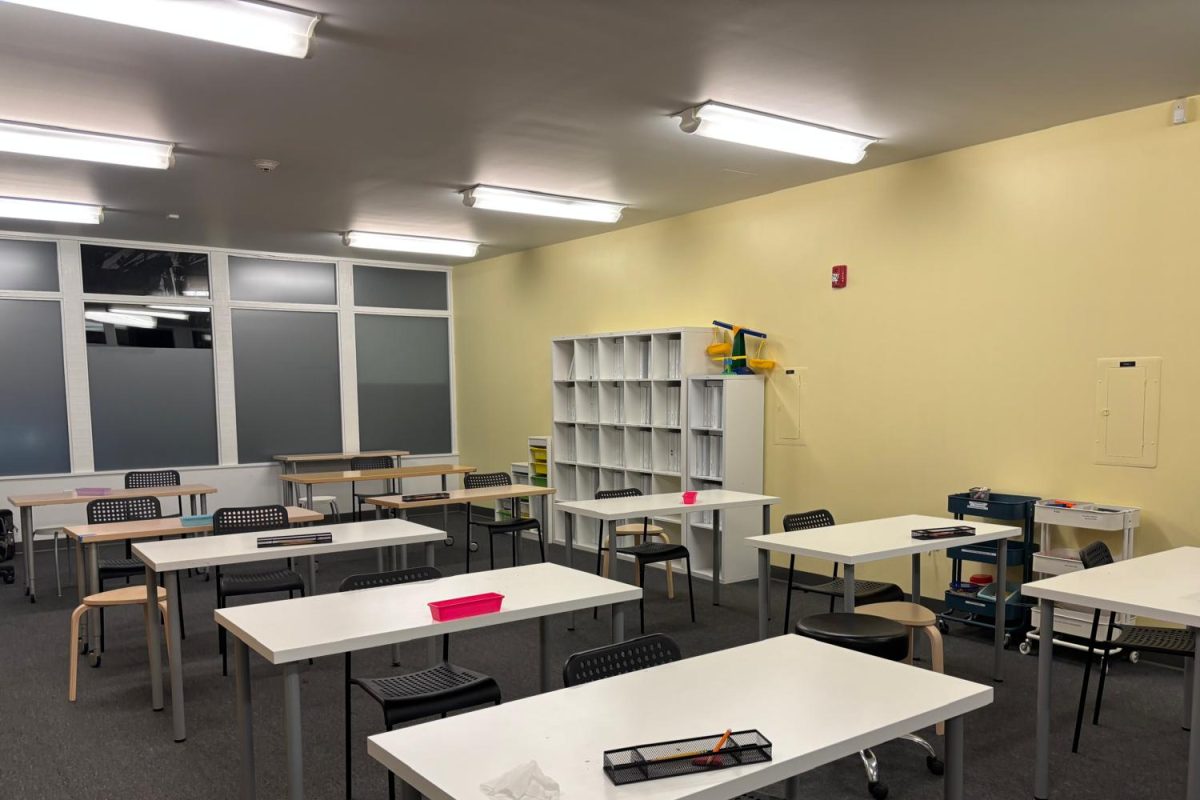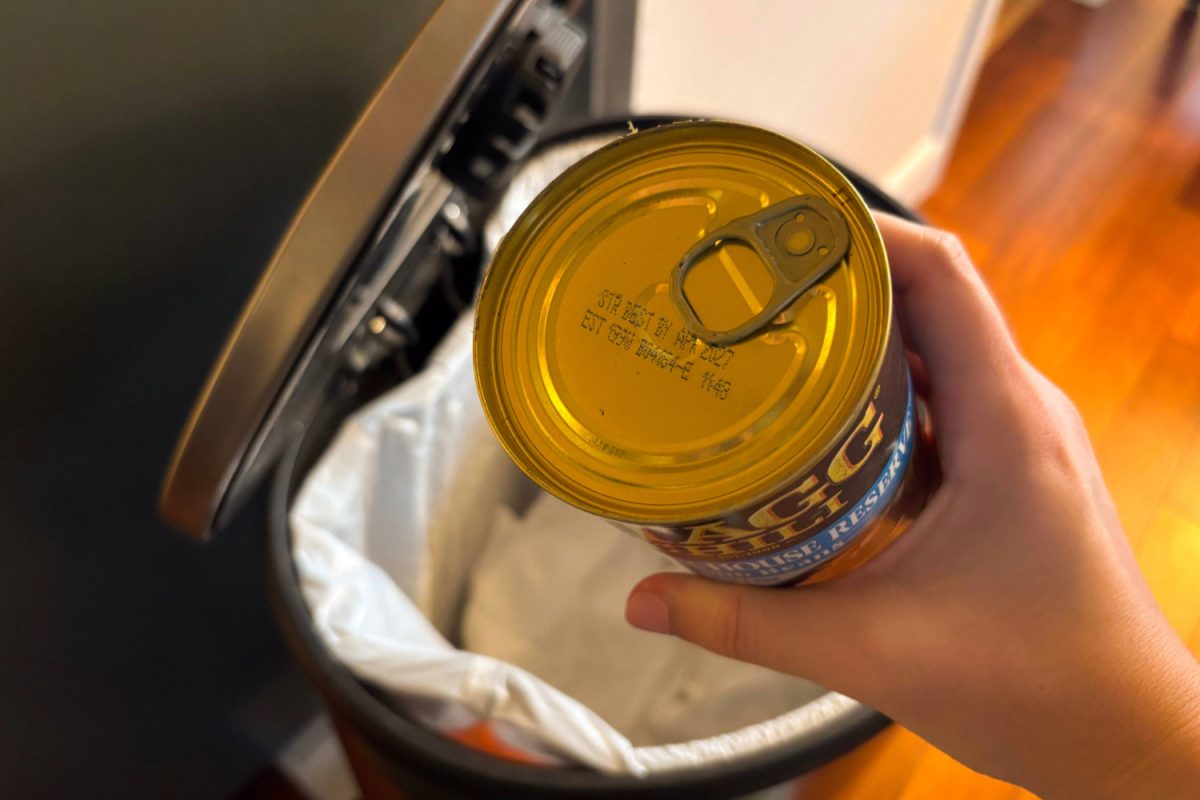Carlmont has hired a new teacher this school year due to the over-enrollment of the Advanced Placement (AP) Environmental Science class, also known as APES. Introduced in 2021, the APES class has become increasingly popular, being one of 20 AP courses that Carlmont offers.
This year, the number of students taking APES has doubled since the course was introduced to the school.
According to Irma Abelt, Carlmont’s registrar, 123 students took the course with a total of four periods in 2021. In 2022, 205 students took the course with six periods, and this year, there are 283 students taking the course with nine periods.
In response to the increasing popularity of APES, Carlmont has hired a third teacher, Lynda Mason, to teach the course. Alongside Taylor Hawkins and Michael O’Neall, Mason is enthusiastic about teaching the APES course for the first time.
“I am teaching this class because I want to inspire students to see the value in what we learn. The class has interesting course material and is applicable in today’s world,” Mason said.
She believes that students taking the AP Environmental Science course learn numerous essential concepts throughout the year, which they can apply later in life. Mason sees the value in teaching students about the importance of our environment, believing it benefits both the individual student and the future of our planet’s health.
“This generation is the generation that has a chance to save our planet,” Mason said.
In getting to know her, students have discovered that animal extinction is an issue that Mason is ardent about. Some notable ones Mason mentioned are elephants, white rhinos, and Bengal tigers.
“I am passionate about species conservation because we’re facing the sixth mass extinction on Earth. This is do or die with a lot of them, and I think nothing is more important,” Mason said.
Carlmont students also share Mason’s passion for environmental science.
“I took the class because I wanted to learn more about environmental issues, especially since it’s such an important topic right now,” said Cat Holloway, a junior at Carlmont who decided to take APES.
The course has a wealth of new information to offer students. Despite APES being a harder class, many students feel that the hard work is worth it.
“I took the APES course because I didn’t know too much about climate change and the environment, and I wanted to learn more about it. I feel like there are so many different problems, and I want to understand it better,” said Victoria Jung, another junior taking APES this year at Carlmont.
The course covers various topics, ranging from ecosystems to global change. College Board describes APES as a class that “explores and investigates the interrelationships of the natural world and analyzes environmental problems, both natural and human-made.”
“In this day and age, it’s our job to make ourselves aware of these problems and not be ignorant of what’s happening around us,” Holloway said.

